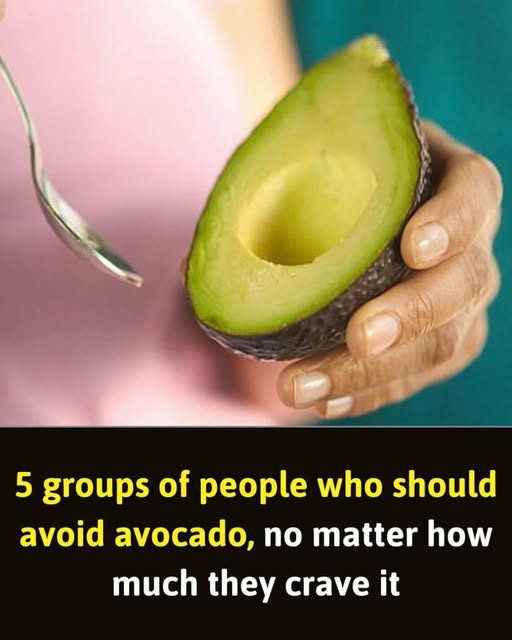ADVERTISEMENT
#### **3. Potato Chips and Salty Snacks**
**The Craving:** Crispy, salty snacks like potato chips, pretzels, and other packaged snacks are irresistible for many people, and it’s easy to eat a whole bag without thinking twice. Their high salt content and addictive crunch make them a go-to snack for many.
**Why You Shouldn’t Overeat It:**
While salty snacks are tasty, they come with some significant health risks when eaten in excess. **High sodium intake** is linked to high blood pressure (hypertension), which increases your risk for heart disease and stroke. Salty snacks are also often high in **empty calories**, meaning they provide little nutritional value, leading to weight gain without offering any beneficial nutrients.
Furthermore, some packaged snacks are made with unhealthy oils, including **partially hydrogenated oils**, which contain **trans fats**. Trans fats have been shown to increase bad cholesterol (LDL) and lower good cholesterol (HDL), contributing to the development of cardiovascular diseases.
**Moderation Tip:** When you crave something salty, opt for healthier alternatives like roasted nuts, air-popped popcorn, or homemade veggie chips. These options are lower in sodium and provide more nutritional value.
—
#### **4. Sugary Beverages (Soda, Sweetened Coffee, Energy Drinks)**
**The Craving:** Sugary beverages like soda, sweetened iced tea, energy drinks, and flavored coffee drinks are some of the most commonly craved drinks. The sweetness and caffeine content often make them a tempting choice for many people.
**Why You Shouldn’t Overeat It:**
Sugary beverages are one of the main culprits when it comes to excessive sugar intake. **Liquid sugar** is absorbed more quickly by the body, leading to rapid spikes in blood sugar and insulin. Regular consumption of sugary drinks is associated with **increased risk of obesity**, **type 2 diabetes**, and **heart disease**.
Energy drinks and sugary coffees, in addition to their high sugar content, also often contain large amounts of caffeine and stimulants that can lead to dehydration, restlessness, anxiety, and sleep disturbances if consumed in excess.
**Moderation Tip:** Replace sugary beverages with water, herbal teas, or sparkling water with a splash of lemon or lime. If you love coffee, try drinking it black or with a splash of milk or plant-based alternatives, and limit the amount of sugar you add.
—
#### **5. Alcohol**
**The Craving:** Whether it’s a glass of wine, a cocktail, or a cold beer, alcohol is another common craving, especially during social events, celebrations, or moments of stress.
**Why You Shouldn’t Overeat It:**
While moderate alcohol consumption can be part of a healthy lifestyle, **overconsumption** can have serious health consequences. Drinking alcohol in excess is linked to **liver damage**, **high blood pressure**, and **increased risk of certain cancers**. Alcohol is also high in calories but provides little to no nutritional value, contributing to **weight gain** when consumed regularly.
Furthermore, alcohol can impair judgment and decision-making, leading to poor food choices or overeating. It can also disrupt sleep patterns, hinder recovery after exercise, and lower immune function.
**Moderation Tip:** Limit alcohol intake to special occasions and aim for no more than one drink per day for women and two drinks per day for men. Opt for lighter drinks, such as wine or light beer, and balance alcohol with water to stay hydrated.
—
### **How to Manage Cravings in a Healthier Way**
Cravings are a natural part of being human, but managing them in a healthy way is key to maintaining overall well-being. Here are some strategies to help you make better choices when cravings hit:
1. **Mindful Eating:** Pay attention to how and why you’re eating. Are you truly hungry, or are you eating out of boredom, stress, or habit? Take time to savor your food and notice how it makes you feel both physically and emotionally.
2. **Healthy Substitutes:** When a craving strikes, consider healthier alternatives. For example, instead of reaching for sugary candy, try fresh fruit. Instead of fried potato chips, choose baked sweet potato chips or vegetable crisps.
3. **Stay Hydrated:** Sometimes, our bodies confuse thirst for hunger. Ensure you’re drinking plenty of water throughout the day, and try drinking a glass of water before reaching for a snack.
4. **Small Portions:** If you’re craving a particular indulgence, allow yourself a small portion. Savor the taste, and try to enjoy the treat without overdoing it.
5. **Stay Active:** Physical activity can help reduce the frequency and intensity of cravings. Exercise can boost your mood and reduce stress, making it less likely that you’ll turn to food for emotional comfort.
—
### **Conclusion: Moderation Is Key**
It’s perfectly normal to crave your favorite foods, but it’s important to keep in mind that eating them excessively can have long-term health consequences. Foods high in sugar, unhealthy fats, salt, and empty calories can contribute to weight gain, heart disease, diabetes, and other health problems when overconsumed. By understanding the impact these foods can have on your health, you can make more informed choices and develop healthier eating habits.
Moderation is key. There’s nothing wrong with indulging in your favorite foods occasionally, but it’s essential to prioritize balanced nutrition and make mindful choices when it comes to food. By managing your cravings and practicing mindful eating, you’ll be able to enjoy life’s indulgences without compromising your health.
